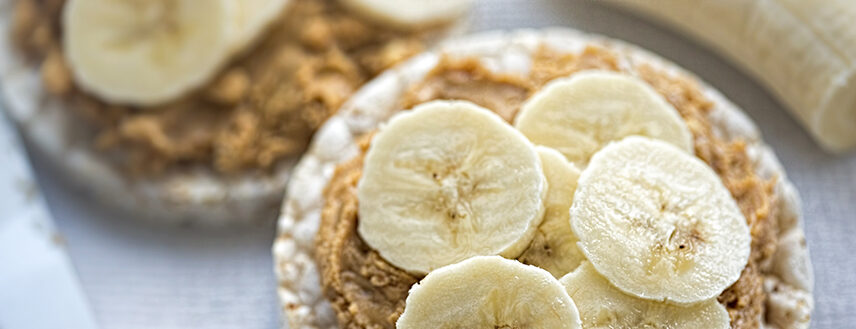
Sleep has a significant effect on your daily mood, productivity and health. Nutrition plays a large role in how well you sleep. Food relates directly to serotonin, a key hormone that — along with vitamins B6, B12, and folic acid — helps promote healthy sleep. If a good night’s sleep is important to you, try consuming serotonin rich foods that calm the body and prepare you for a restful, restorative sleep.
- Complex Carbohydrates – Complex carbohydrates are filling and can relieve hunger without necessarily increasing caloric intake. Try whole grain breads, cereals, pasta, crackers and brown rice. Avoid simple low-carb foods such as white breads, cookies, cakes and other sugary foods. They tend to reduce serotonin levels and promote insomnia.
- Lean Protein – Lean proteins include low-fat cheese, chicken, turkey and fish. These foods are high in the amino acid tryptophan, which increases serotonin levels (and puts us in a turkey coma after Thanksgiving dinner). You don’t want to eat too much protein, or anything high in fat or deep-fried, but a dab of peanut butter on a banana, an egg on whole-grain toast, a little low-fat cheese on crackers, or a rice cake with lean turkey or fish can be satisfying and sleep-promoting snacks before bed.
- Heart Healthy Fats – You wouldn’t think anything with the word, “fat” in it could help you sleep, but heart-healthy, unsaturated fats will actually improve your serotonin levels. Examples include peanut butter, avocados and other nuts like almonds or cashews. Remember to always avoid saturated and trans fats – they’re bad for your heart and your sleep.
- Foods Rich in B Vitamins – B vitamins are the most important vitamins to sleep health. In fact B vitamin deficiency has been linked with insomnia. B vitamins promote sleep by stimulating the activity of serotonin, dopamine, GABA (gamma aminobutryic acid) and melatonin. Whole grain breads and cereals are rich in vitamin B1. Fish, chicken, eggs, cheese and peanuts are rich in B3 and B12.
- Warm Drinks – when you were younger, your parents may have given you a glass of warm milk to “help you sleep.” Turns out, they were right. Milk, like other dairy products, contains tryptophan. It’s also a good source of calcium, which helps regulate the production of melatonin. Try warm milk with a dash of honey. Decaffeinated herbal teas can also help, particularly relaxing herbs like chamomile or peppermint. Some tea contains valerian root, an herb that has been used for centuries as a natural sedative. Be sure to check labels carefully and avoid caffeinated beverages – even small amounts of caffeine can prevent sleep.
